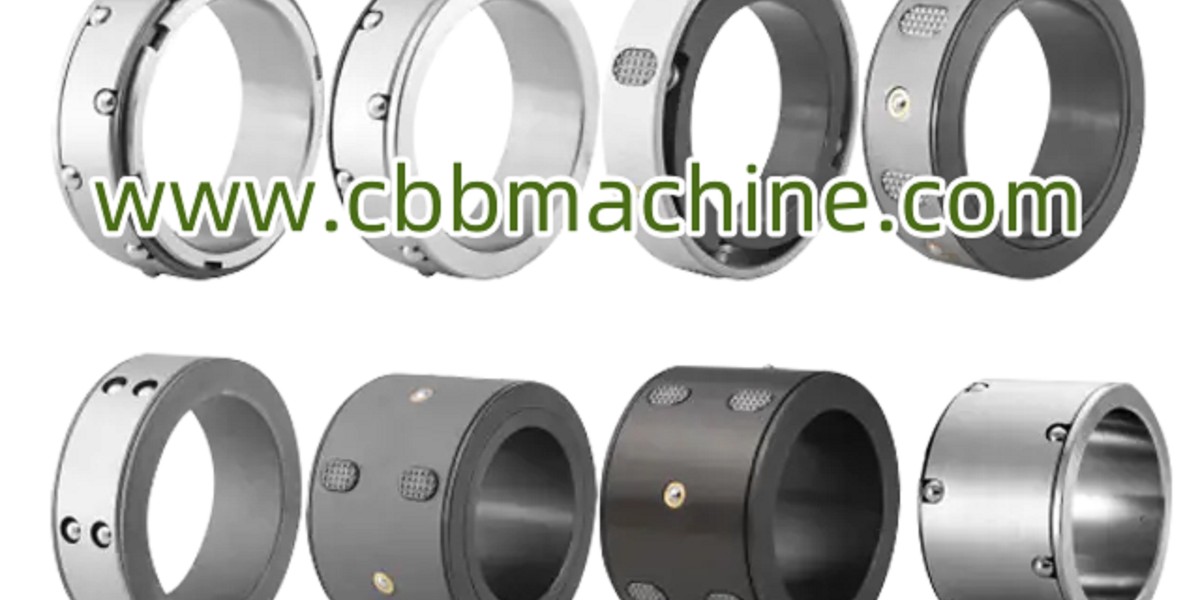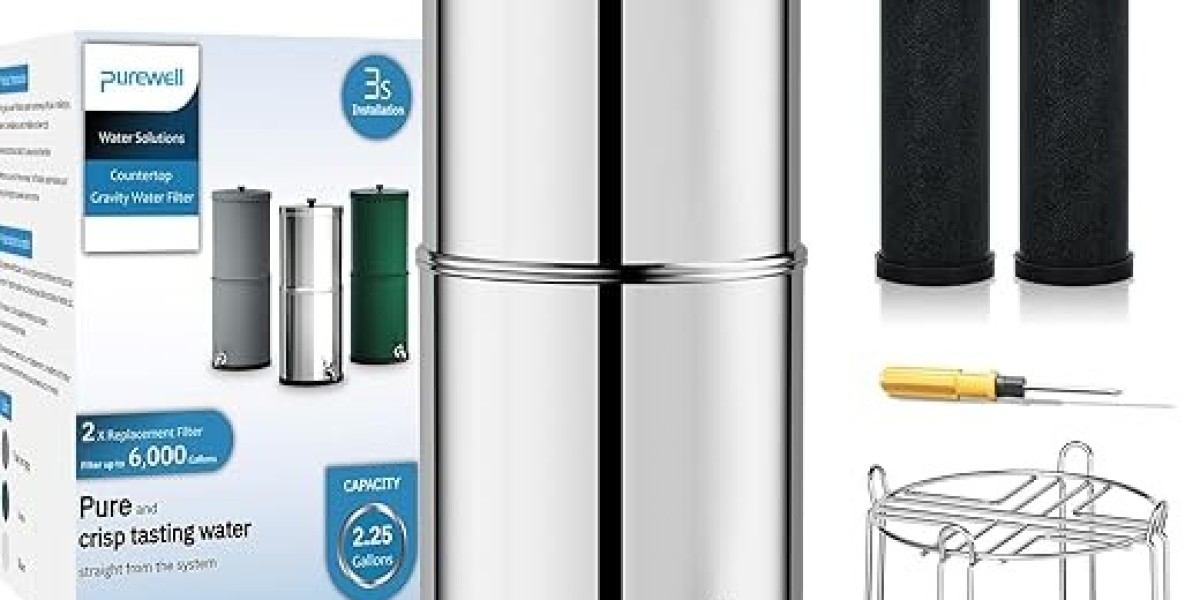Modern web handling equipment demands advanced control systems, and the Differential Shaft stands out as a vital component in ensuring accurate tension and synchronized slitting performance across diverse industrial lines.
Enhancing Material Control and Output
In industries such as paper converting, plastic film production, and flexible packaging, consistent material winding is critical. Traditional fixed shafts may face issues like uneven roll diameters or slippage during differential speed adjustments. The introduction of differential shafts has solved many of these challenges by allowing each core to rotate independently while maintaining controlled tension and torque.
This ability is especially valuable during high-speed slitting and rewinding processes where core misalignment or tension variations can lead to damaged products, production delays, and wasted materials. Differential shafts ensure smooth, stable winding regardless of the web’s width or thickness.
How the Differential Mechanism Works
A differential shaft is designed with a core slipping mechanism that enables individual cores mounted on the same shaft to rotate at slightly different speeds. This is achieved using mechanical friction pads, ball-bearing systems, or air control mechanisms within the shaft.
When torque is applied, the shaft evenly distributes pressure across all cores, ensuring that variations in roll diameter do not affect the winding quality. As a result, this minimizes stress on the material and maintains precise web tension throughout the process.
Benefits in High-Volume Production
The use of differential shafts improves overall efficiency in large-scale production lines. Since each core can self-adjust, there is no need to stop the machine to fix alignment or tension issues manually. This leads to less downtime and higher throughput.
Moreover, these shafts reduce the wear and tear on both the material and the machine. By offering smooth torque distribution, the shaft prevents sudden jerks or tension spikes, which are common with traditional shafts in high-speed settings.
Ideal for Multi-Slit Applications
When multiple slit rolls are being produced simultaneously, achieving uniform tension across all rolls is essential. Differential shafts enable this by providing individual control for each slit section. They are especially valuable in applications like adhesive tapes, metallized films, and printed packaging where tension variations can result in misalignment or deformations.
Their adaptability makes them a smart investment for companies seeking greater control and operational flexibility.
Precision Engineering for Modern Factories
Today’s differential shafts come in various sizes, friction control methods, and load capacities to meet the unique demands of specific industries. Whether your plant requires high-friction models for heavier loads or lightweight shafts for delicate films, solutions are available for nearly every use case.
For more technical details and customizable options, visit www.cbbmachine.com



